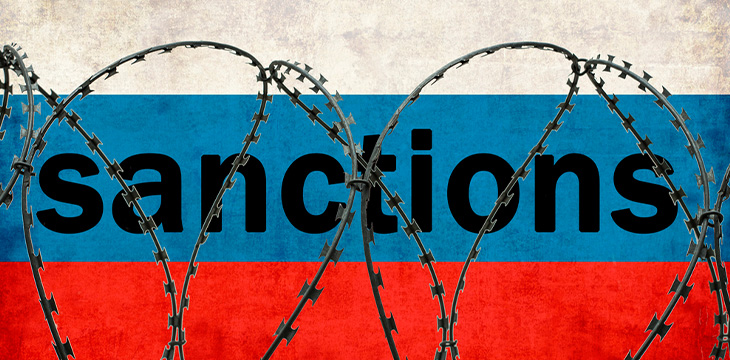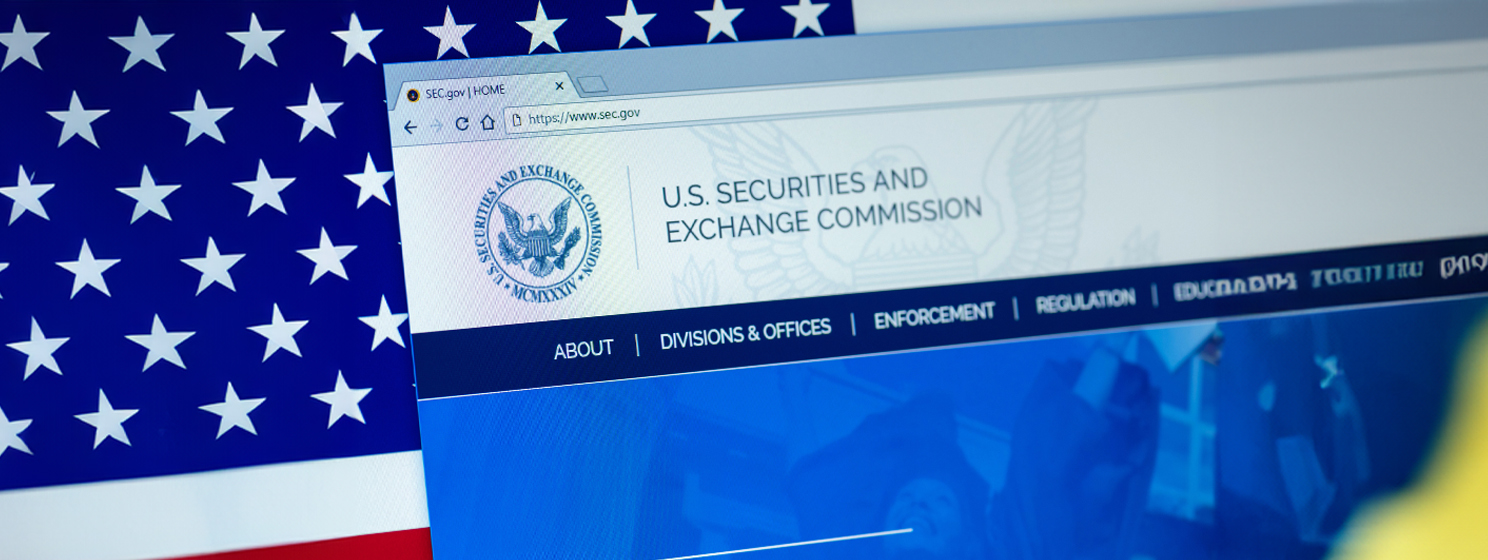
|
Getting your Trinity Audio player ready... |
Russia’s central bank has been encouraging alternative payment systems, including digital assets, as sanctions from Western nations continue to disrupt the country’s cross-border payments.
The Bank of Russia recently held its Annual Financial Congress, with the country’s biggest lenders and payment firms discussing industry challenges and growth opportunities. Sanctions emerged as a key topic—since its conflict with Ukraine started, Russia has become the most sanctioned country globally. Some reports say the country faces nearly 20,000 sanctions, more than the next seven countries combined.
Speaking to the media after the event, Governor Elvira Nabiulina said that the government is adopting its regulations to the new reality to allow some alternatives like digital currencies.
“New financial technology creates opportunities for schemes which did not exist before. This is why we softened our stance on the use of cryptocurrencies in international payments, allowing the use of digital assets in such payments,” she stated.
Beyond digital assets, the government has been exploring other digital currencies for cross-border payments. One such initiative is a new currency for BRICS, a bloc whose other members include China, Brazil, India and South Africa as well as several new entrants including the United Arab Emirates. BRICS countries have a combined gross domestic product (GDP) of $30.7 trillion.
As she has insisted all along, Nabiulina noted that creating a common currency is no easy feat. At the very least, this process would take years, and Russia’s needs are more urgent.
However, Nabiulina believes Russian businesses will find ways to maintain their international ties.
“Different alternatives are being discussed. Businesses have become very flexible, very enterprising. They find ways to solve this and often don’t even share them with us,” she said.
An alternative to SWIFT, the global messaging network for commercial banks, has been another key target for Russia. While this is a complex process that will also take time, Nabiulina believes that the foundation has been laid. She stated that Russia’s struggles are sensitizing other countries to the stranglehold that the United States has on global payments and how it uses it to push its political agenda.
“I think that some global platforms will gradually emerge because countries look at our experience and understand the vulnerability of the financial infrastructure and the vulnerability in case they are included in only one existing system, such an understanding is gradually coming,” she stated.
Watch: Universal Blockchain Asset unlocks the future of payments

 11-22-2024
11-22-2024


